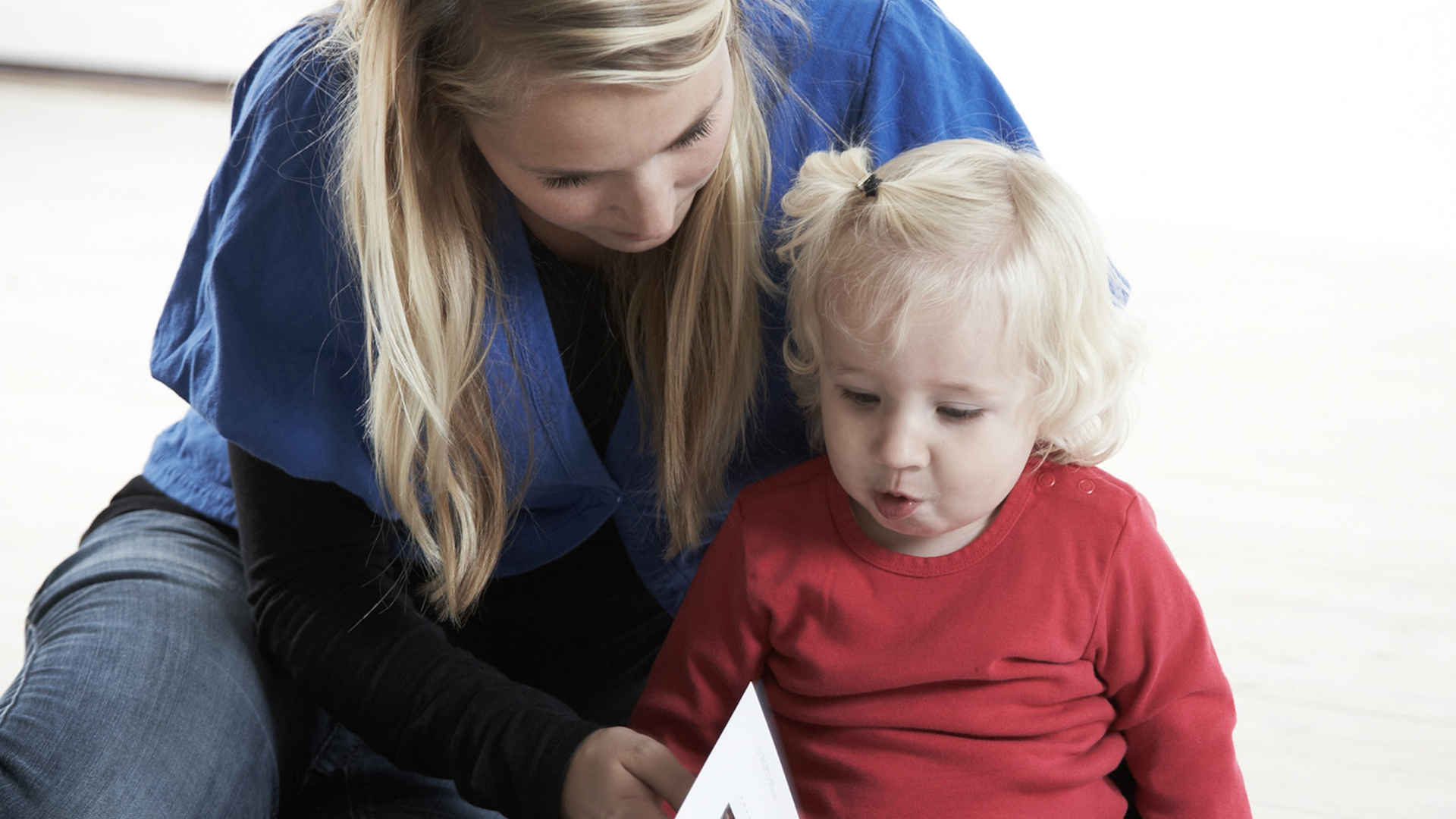
Does my child have a hearing loss?
Hearing loss in children is not uncommon. So, when you ask your child repeatedly to help you set the table and he doesn’t respond, it may not just be selective hearing, but the beginning of a hearing loss.
Created Updated
Do you suspect your child has a hearing loss? Learn what to look for in this article.
The signs of hearing loss in children
Your child’s response to sound becomes easier to detect as they get older. Before the age of four months, your baby may widen his eyes, wrinkle his eyebrows or shift his eyes towards the sound. After four months, it gets easier to detect a reaction to the sounds around your child. This is when he starts to move his head towards where the sound is coming from and appears to listen.
If he doesn’t appear to listen, that could be a sign of hearing loss. Other signs that your baby or toddler from four months of age may have a hearing loss is if he:
- Doesn’t react to your voice
- Often seems inattentive
- Shows signs of slow speech development
- By two years, can’t produce spontaneous words or combine 2 words (or more)
- By three years, you, as primary caregiver, don’t understand what he’s saying
Bear in mind, though, that there could be other reasons why he can’t hear well. A cold or an ear infection could cause temporary hearing loss, and the hearing is most often restored when the infection has left the body. In addition, your older child may have a hearing loss if he:
- Often asks “What?” to what you were saying
- Often responds inappropriately in a conversation
- Starts speaking more loudly
- Talks about his “good ear” and his “bad ear”
- Needs very loud TV volume
- Has a teacher who says he’s not paying attention
Hearing helps your child’s speech and language development, social skills and education. For infants, hearing the parents’ voices is also a way of bonding and building trust. So, it's important to identify hearing problems as early as possible, in order to get the proper treatment.
Getting a professional hearing evaluation for your child
Your child may have gone through a hearing screening as a newborn, but sometimes hearing loss can develop later. If you see signs of hearing loss, you should consult your doctor and get a referral to a hearing care professional. A hearing care professional may carry out different tests, depending on age, to determine whether your child has a hearing loss, and what that potential hearing loss is like. The hearing care professional may perform these tests:
- Visual Audiometry teaches your baby or toddler to link a sound to a visual element. Once your child knows how they are linked, the volume and pitch will be varied to figure out the quietest sounds your baby can hear. This test is common for children from six months to two and half years.
- With headphones on, Play Audiometry teaches your child to carry out a certain task when he hears a specific sound. Once learned, as with the Visual Audiometry, the volume and pitch will be varied. This test is used for young children from one and half to five years.
- Pure Tone Audiometry is for older children, and it’s similar to an adult hearing test. With headphones on, your child will be asked to press a button or raise his hand when he hears a sound.
- The Bone Conduction Test uses a vibrating device put behind the ear to identify which part of the ear isn’t working.
- The Tympanometry Test examines the eardrum’s flexibility to determine if it’s causing a hearing loss.
Based on the test results, the hearing care professional can recommend the proper treatment for your child. Hearing losses associated with colds or middle ear fluid are treated in many ways; sometimes it is as simple as waiting for the child to grow older and the middle ear fluid to resolve naturally. In more severe cases, minor surgery is required to release the fluid. If your child has a hearing loss that is not associated with a cold or middle ear fluid, it may be recommended that he wears hearing aids.
Hearing aids are an important step to improve hearing, also at very young age – even small babies can get hearing aids.
The causes of hearing loss in children
There are a number of reasons for hearing problems among children, and some hearing issues may just be temporary after an ear infection or a cold. Other causes could be:
- A build-up of fluid in the middle ear, which is common in young children (also called glue ear)
- Infections that develop in the womb or at birth and cause progressive hearing loss
- Inherited conditions, such as otosclerosis, which prevent the ears or nerves from working properly
- Damage to the cochlear or auditory nerves – for instance from a serious head injury, exposure to loud noise or head surgery
- Too little oxygen at birth (birth asphyxia)
- Illnesses such as meningitis and encephalitis, both of which involve swelling in the brain